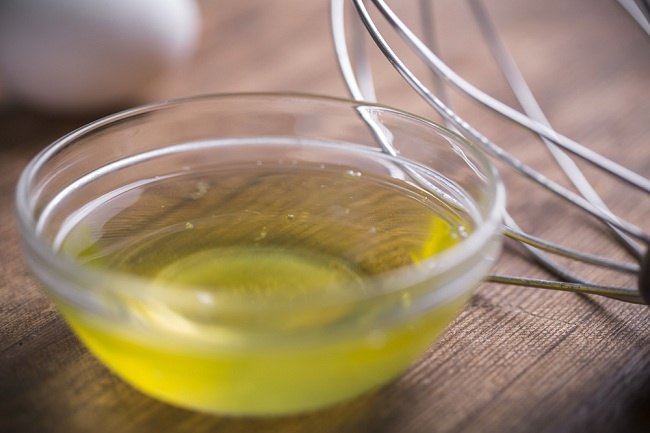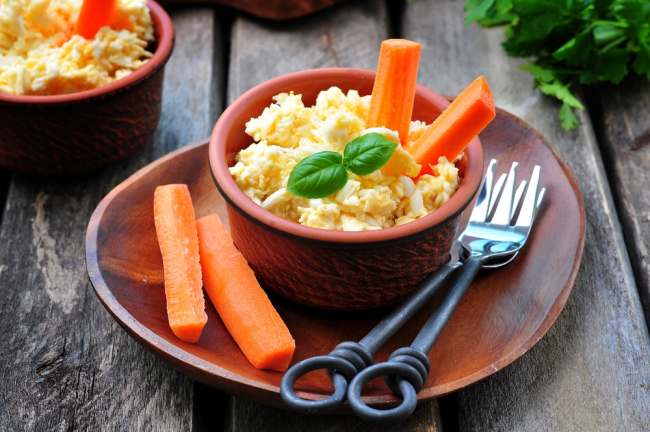For those of you who don't like to eat vegetables, consumption of vegetable juice can be an option. Although the amount of fiber in vegetable juices is still lower than whole vegetables, vegetable juices contain important vitamins and minerals that are good for health.
When preparing vegetable juice, you can be creative in processing it so that it still has a "friendly" taste on the tongue when consumed. Mixing several types of vegetables or other ingredients, such as fresh fruit, can make vegetable juice taste more delicious and nutritious when consumed.

Benefits of Consuming Vegetable Juice
There are various benefits of vegetable juice if consumed regularly, including maintaining the immune system. Especially if the vegetables that are processed into juice contain vitamin C and high antioxidants.
In addition, consumption of vegetable juice is also believed to be able to help eliminate toxins in the body, lose weight, lower cholesterol levels, and improve heart health.
Variety of Vegetable Juice Options
For those of you who are still reluctant to consume vegetable juice because of doubts about the taste, the following vegetable juice recipe is worth a try. Vegetable juices combined with other fruit or vegetables tend to have a more palatable taste.
Here are some vegetable juice recipes that you can try at home:
1. Tomato
Tomato is one of the favorite vegetable juices of many people. Apart from its attractive color and delicious taste, tomato juice is also believed to have various benefits. One of them is to support heart health, because it contains magnesium, potassium, and antioxidants in it.
While it's not recommended to add a lot of sugar to tomato juice, you can mix it with other vegetables and fruits, such as celery, carrots, beets, or oranges. Combining tomatoes with other vegetables or fruit not only makes the taste more varied, but also adds nutrients in it.
2. Carrots
Carrots contain a variety of important nutrients, such as vitamin A, vitamin B6, vitamin K, biotin, potassium, and carotene, making them a useful vegetable juice choice. Carrots have an attractive color and quite sweet taste, so many people like carrot juice.
But for those of you who don't like the taste of carrots, carrot juice combined with other ingredients, such as apples and oranges, can be an option. These two fruits can make the taste of carrot juice sweeter and less bitter. Even the mixture of these three ingredients is believed to be able to increase endurance.
3. Celery
Not only as a complement to food, celery can also be used as juice. Celery juice is considered one of the healthiest vegetable juices because there are a variety of important nutrients in it.
The content of antioxidants, anti-inflammatory, and fiber found in celery, is able to maintain the immune system and digestive tract health well, so many people are interested in consuming it.
To get the benefits of celery juice, you are advised to consume celery juice without any mixture. But if the taste is not friendly to your tongue, then you can mix celery with kale and tomatoes.
4. Broccoli
The next vegetable juice worth considering is broccoli juice. This juice is considered to bring various benefits, because broccoli contains a variety of important nutrients, such as vitamin C, vitamin K, folate, and beta carotene.
You can juice broccoli with mixed vegetables or other fruits, such as spinach, lemon, pears, and celery. The combination of broccoli with these ingredients, helps meet the daily needs of vitamin K which is beneficial for bone health.
Although vegetable juices bring various health benefits, the process of juicing has the potential to remove some of the fiber content in vegetables. Even though the fiber content found in vegetables has an important role in supporting the health of the body and digestive tract. You can consult a nutritionist about vegetable juice or daily vegetable needs that you need.









